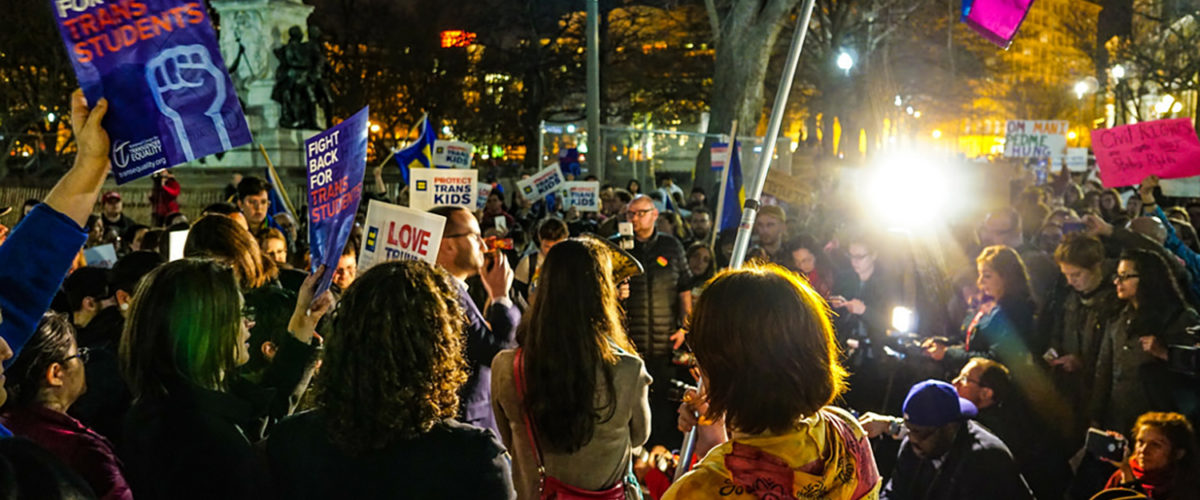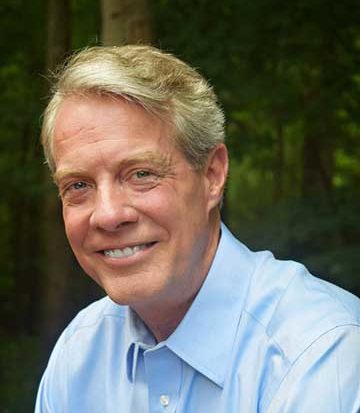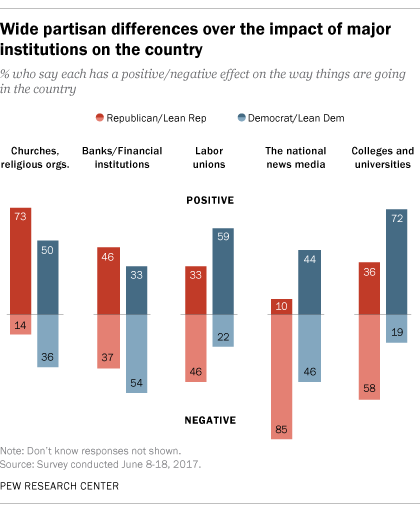Evangelical Christians generally take a dim view of the Bill of Rights and freedom of speech, a newly published survey has found.
The Barna Group uncovered those attitudes in a July study titled “What Makes America Great.” The survey asked Americans what they admire most about their country.
Answers included the “Opportunity to become who you want to be,” the Constitution, freedom of speech and freedom of religion, the Bill of Rights, and a “melting pot” society — all of which led the list when Americans as a whole were considered.
Evangelicals, however, identified with “Christian origins and values” at 40 percent compared to 11 percent for the national average. They also strongly valued freedom of religion at 53 percent, compared to 20 percent of Americans overall.
‘People tend to clam up’
Many churches are becoming battlefields where these diverging opinions and worldviews are playing out.
“It’s really saddening that we really are talking on two different planes and we are not hearing each other,” said David Jordan, teaching pastor at Providence Baptist Church in Charlotte, N.C.
The liberal-versus-conservative and progressive Christian-versus-evangelical dynamic, in his church, can be seen and felt in the nervous tension between members who avoid any kind of political topic, Jordan said.
“In the olden days — 15-20 years ago — they would have chattered back and forth with each other in good natured fun.” They could have comfortably debated who was the better president, Ronald Reagan or Jimmy Carter.
“Now people tend to clam up when anything of a political nature comes up — especially since the 2016 election.” Otherwise “they know they are going to leave church more upset than they came. There is a general sense of unease.”
The Barna report is a confirmation of the fact that Americans “are listening to two different narratives of the world,” which is exacerbated when the two groups avoid the subject.
“That’s different and a little more frightening and ends up widening the gap,” Jordan said.
Another recent survey shed light on the divergent attitudes Americans hold on the value of religious groups and other institutions, two new surveys have found.
The Pew Research Center released a poll July 10 that found a gap along partisan lines about whether churches have a positive or negative effect on society.
The most positive view, at 73 percent, was expressed by Republicans and those who lean Republican, Pew found. By contrast, 50 percent of Democrats and Democratic-leaning independents said churches and other religious groups have a positive effect on the nation’s condition.
But those attitudes are more positive among the population as a whole, Pew reported in its survey titled “Sharp Partisan Divisions in Views of National Institutions.”
Most Americans — 59 percent — said churches and religious organizations have a positive role in society, compared to colleges and universities (55 percent) and labor unions (47 percent).
Diverging viewpoints
In the Barna survey, respondents indicated that “Christian origins and values” was far from the top answer, at just 11 percent. Leading the way was the “opportunity to become who you want to be,” at 24 percent, followed by “The Constitution” and “Free speech/free press,” at 21 percent each.
“Freedom of religion” and “Democracy” tied for third at 20 percent each, Barna reported.
“The Bill of Rights” at 14 percent and a “Melting pot” society at 13 percent were just ahead of those who chose Christian origins.
Arts and culture, economic stability and the America’s youth as a nation populate the bottom of the list at 4 percent, 3 percent and 2 percent, respectively.
But these percentages skewed differently in demographic breakdowns.
Evangelicals, Barna said, do not view the Bill of Rights and freedom of speech very highly — with just 2 percent and 6 percent, respectively, choosing those responses.
 Age also dictated preferences, Barna said, with the Constitution and Bill of Rights favored most by Baby Boomers and Elders. Millennials leaned toward American technological innovation nearly three times more than other generations.
Age also dictated preferences, Barna said, with the Constitution and Bill of Rights favored most by Baby Boomers and Elders. Millennials leaned toward American technological innovation nearly three times more than other generations.
As the Pew survey did, the Barna research found “notable differences” based on political preferences.
Conservatives value military strength and the Christian values of America more than liberals, who are more inclined to value free speech/free press and diversity.
‘Shocked to realize’
Despite the obvious increasing separation of Americans on these issues, there is a chance, here and there, to mend the fences, Jordan said.
At Providence Baptist, small-group sessions that drill into biblical teachings, especially the parables of Jesus, help bring the two groups together over shared sacred texts.
“There can be a gradual chipping away of the walls that we build up with each other,” he said.
Studying the parable of the Good Samaritan is a great way to address that cultural and political separation. In it, people on both sides are pressed to see each other as the alien who threatens the other’s comfort zones.
“People are shocked to realize it is that clear.”




